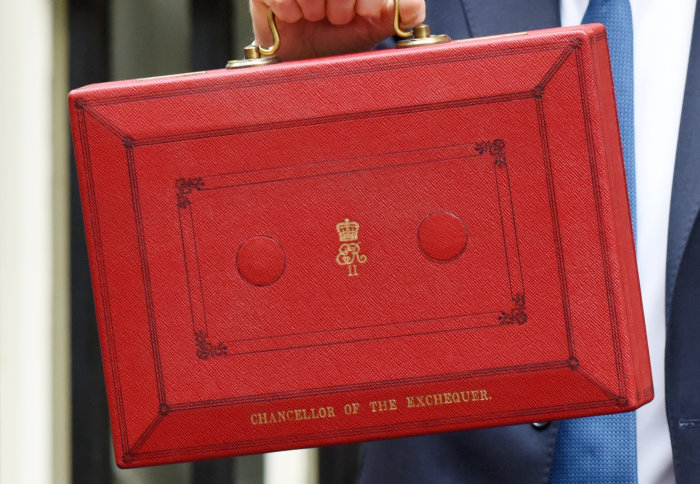This time last year I was trying to put together a communication entitled “Let’s not be frightened of bears”.
It was written partly in response to a somewhat cavalier warning from a well-known financial institution that investors should sell all their equities and invest in bonds; admittedly the article worked the metaphor quite hard, but it also contained a serious message about holding one’s nerve during the bear market* we were experiencing at the time.
The bear was fortunately very short-lived, having departed by the spring, only to be proceeded by a great hullabaloo that dominated the market in the lead up to the Brexit referendum. Most pundits, market experts and even fund managers were confounded by the people’s choice, which sent the global markets sharply South in the days immediately following the result, only for some stocks to bounce back within a couple of weeks.
We were then faced with the US Presidential election and, to the angst of Liberal America, Trump the populist Republican emerged victorious. Once again predictions of markets going into a spin proved totally incorrect after a matter of mere hours.
By the end of the year, the markets appeared much more bull like with not a bear in sight! As a result, investors that held their nerve throughout the year in the face of such headline-grabbing “noise”, were well-rewarded for their resilience.
What is the outlook for 2017?
When it comes to predictions there are certain economic factors which could impact on market direction:
- Forecasts for rising inflation in developed markets due to rising commodity prices and in the UK a sharp fall in sterling.
- GDP forecasts for advanced economies in 2017 have risen to 2.8% for 2017.
- Evidence of early signs of real wage growth in Western economies.
Overriding this economic data is the impact of a newly inaugurated Trump, which is still to be realised. How will the pre-election rhetoric play out? There remains a certain amount of nervousness around possible US protectionism and its foreign policy dealings.
It is likely there will be a couple of modest rate rises in the US, but whether this extends to the UK is much less certain. To-date markets have reacted mostly favourably if a little detached from politics by continuing the momentum from where we left off in 2016, albeit restricted to specific stocks and market sectors.
The US aside, the other Great Economy China, will remain an important driver, indeed China may even be the long-term beneficiary from any trade-war with the US in what it sees as its’ own back yard in the Far East. No doubt it will at least achieve its predicted growth figures, which strangely it always does!
Closer to home the UK is still proceeding to untangle itself from a Europe faced by an increasingly populist voice, and a series of votes that potentially threaten the status quo.
It’s worth noting that after almost every major political event of last year: The Brexit vote. David Cameron’s resignation as Prime Minister, the resignation of the Italian Prime Minister, Donald Trump’s victory and Theresa May’s pursuit of a “hard” Brexit: – the markets went up, when an emotional response may have suggested that the opposite would be the case.
Ultimately stock markets are concerned with hard economic data, cash flow statements and forecasts, rather than the emotions engendered by politics. For our Investment Committee and, moreover, the fund managers we select to run our clients’ portfolios, it is vital that we all remain equally unemotional and focused, ensuring that decisions are based on evidence alone.
* A stock market is known as a “bear” when prices have fallen from their peak by at least 20% over the course of at least two months. A “bull” market is characterized by rising share prices, optimism, investor confidence and expectations that strong results should continue.








